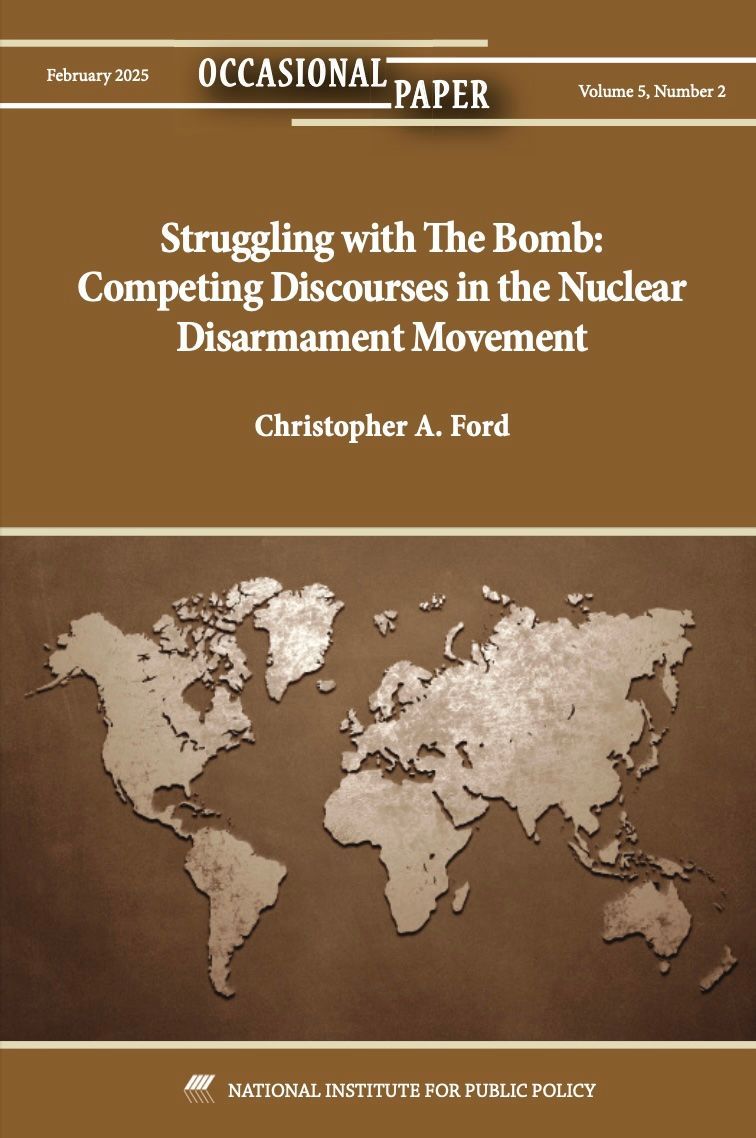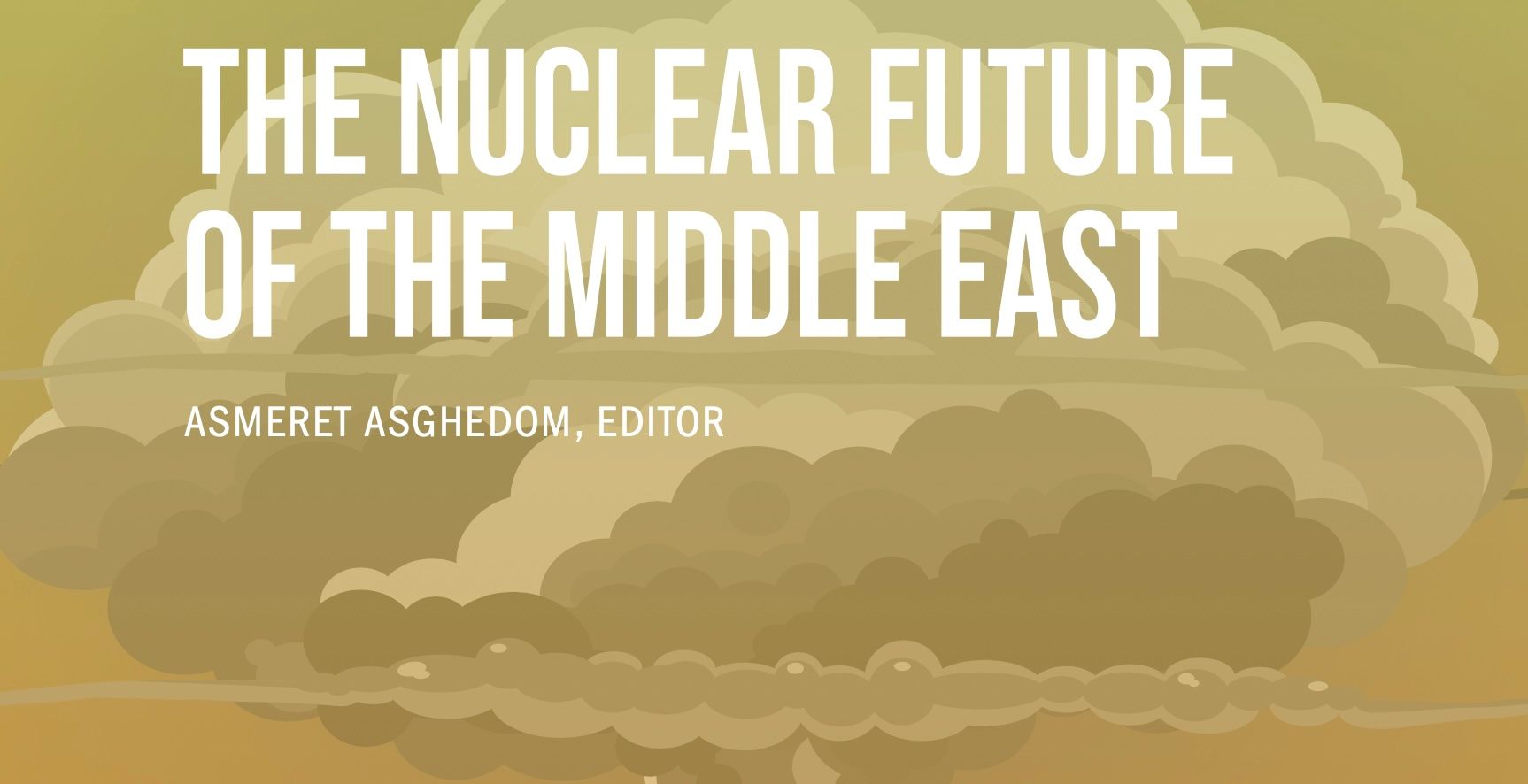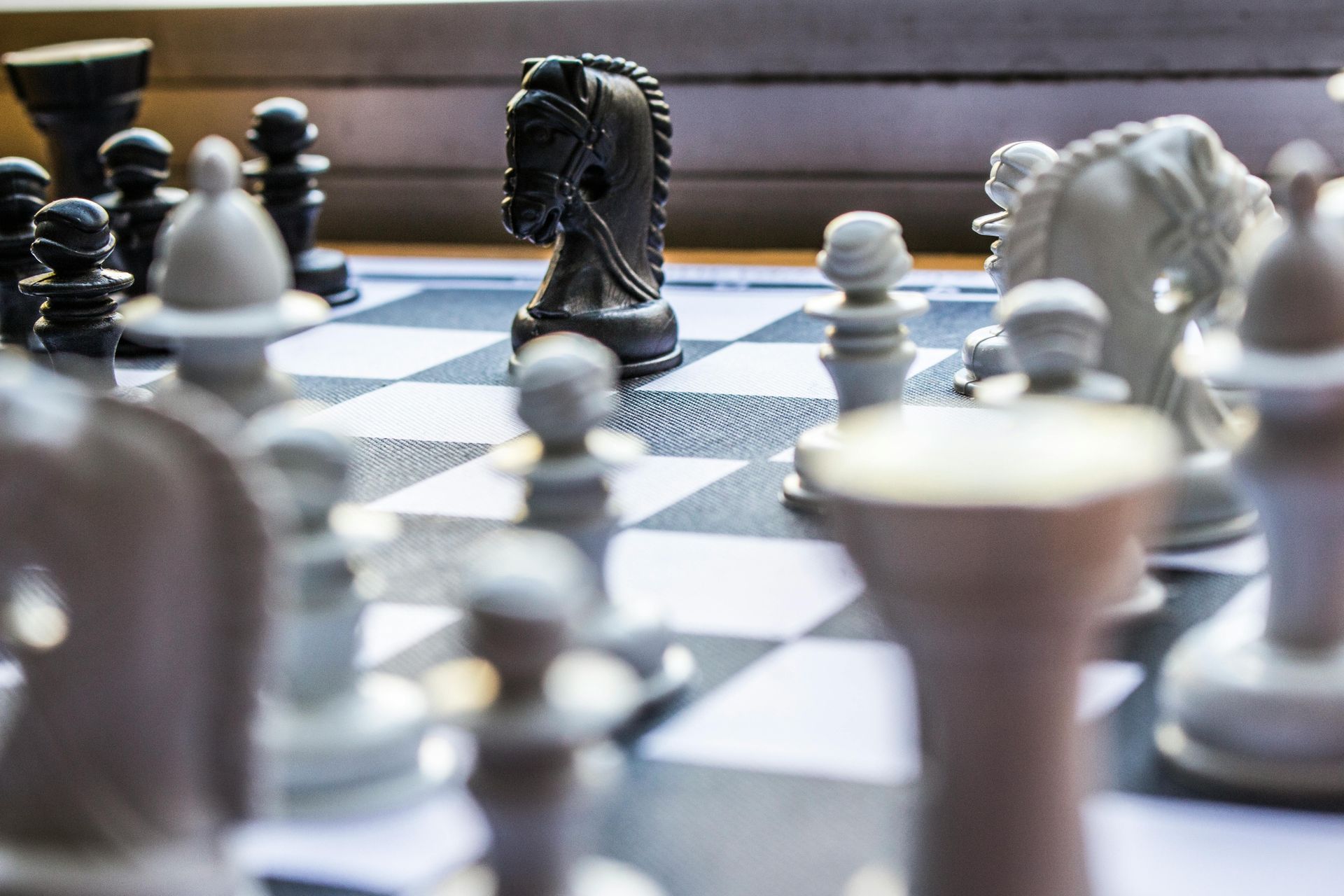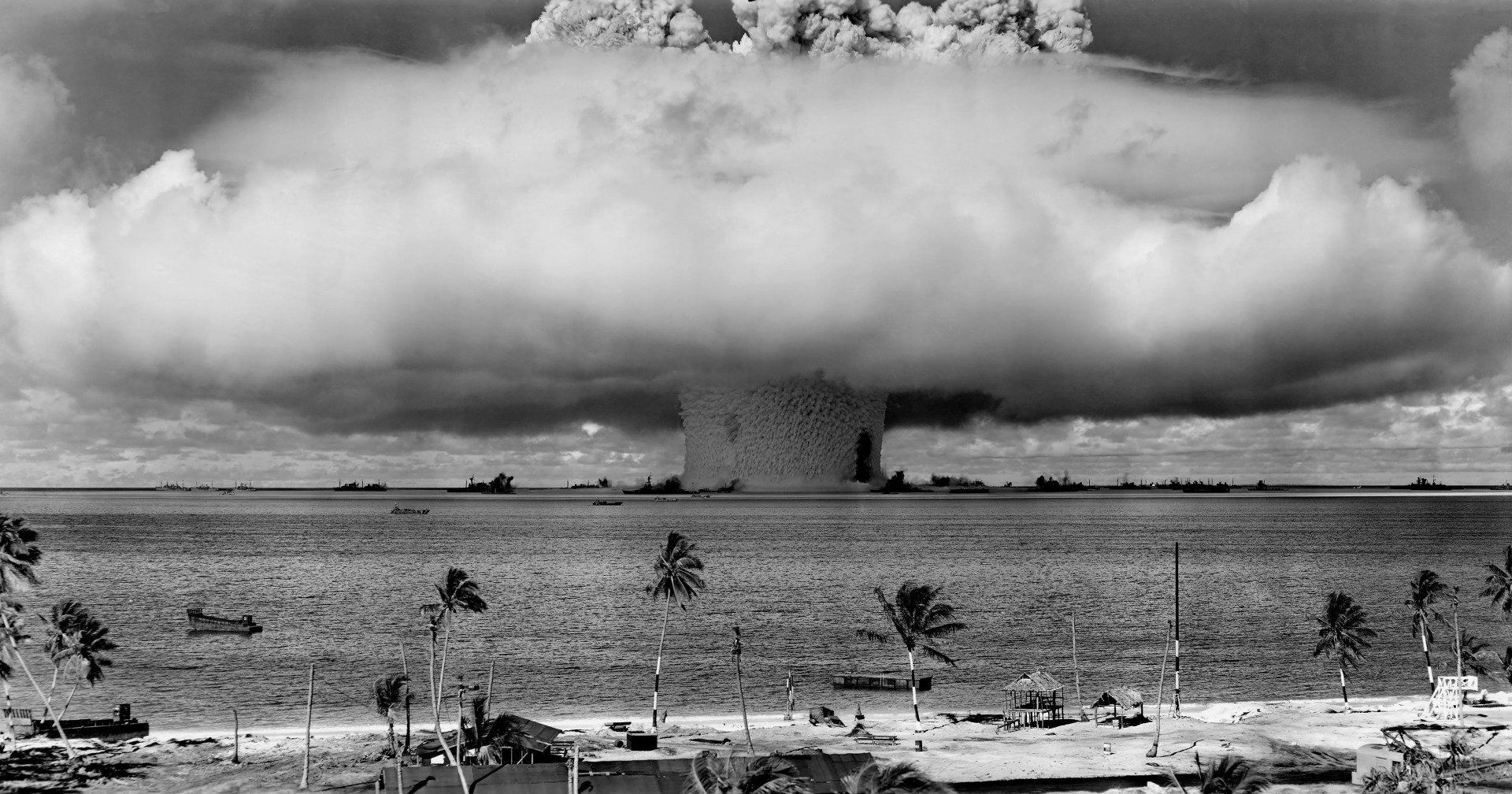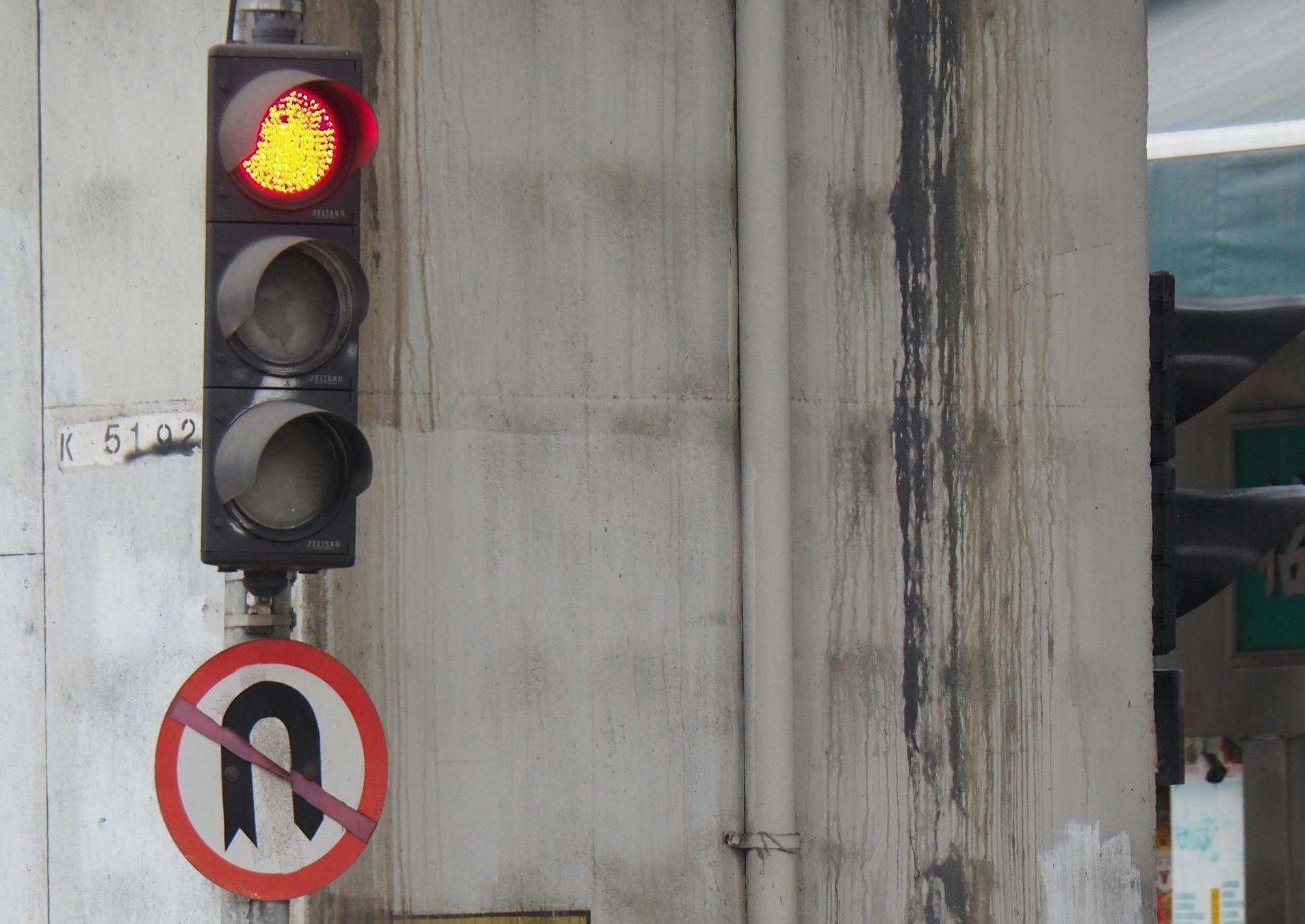Moving Forward With the CEND Initiative
Below appear the remarks Assistant Secretary Ford delivered at the Working Group meeting of the Creating the Environment for Nuclear Disarmament (CEND) Initiative at Wiston House, Wilton Park, UK, on November 20, 2019.
Good afternoon — and thank you!
I say “thank you” in advance – out of anticipation – because of the work and engagement you will do here over these next couple of days to help prepare this disarmament initiative for success. Your efforts are helping to bring this dialogue to fruition as a way to help think through how to meet the challenges the international community faces as we look for ways to move forward in achieving a world safely, stably, and sustainably free of nuclear weaponry.
The first CEND plenary meeting in Washington last summer succeeded in bringing together a wide range of diverse countries — nuclear weapons possessors and non-possessors, industrialized and developing nations, nuclear alliance members and “Ban Treaty” adherents, and key players from both sides of political and ideological fault lines in the Middle East, South Asia, Europe, and East Asia alike — to set this process in motion and identify broad sets of issues that need to be addressed.
Even in the simple act of agreeing on that set of issues, CEND participants reached an important milestone, because of the ways in which this initiative allows disarmament discourse to focus, finally, upon the challenges presented by the many problems in today’s international security environment. The conceptual foundation of this approach is the insight that disarmament can and will move forward only to the degree that the international community is able to address the security issues that underlie States’ rationales for retaining nuclear weapons. Thinking through how to bring security conditions to the point where disarmament will finally be achievable — and how to move forward toward that objective as best we can in a still highly imperfect security environment along the way — is the purpose of this initiative. The objective of CEND is thus two-fold: to identify the questions that need to be asked to this end, and to start doing the work of trying to answer them.
Thanks to you, the CEND Working Groups will soon have clear terms of reference to structure and guide their inquiries, over the months ahead, along the three basic lines of effort identified by the Plenary. This is a powerful signal of clarity of purpose, and a promising sign for future progress. We in the U.S. Government are proud of the role we are playing in getting this process off the ground, but the credit ultimately belongs to all of you: this is your effort, a collective one, and I’m looking forward to seeing such a constructive and promising disarmament dialogue emerge from your work.
Over the coming months, for instance, we’ll begin to see where each of these Working Group discussions goes. After all, each is exploring a very different set of critical questions, and I’d imagine that each will approach its inquiry in a distinctive way. We encourage the groups to think through not merely the sequencing and structuring of different aspects or phases of their work together, but also such things as: what role (if any) you wish to be played by outside experts or presenters; your openness to and relationship with outside initiatives that may be able to complement or inform your efforts in each Working Group; how and to what extent you wish to brief out your thinking and solicit feedback from states or other stakeholders that are not directly participating in your deliberations; and what sorts of “deliverables” you envision each group being able to develop.
I wish that I could be here for more of your discussions, for I very much enjoyed the open, candid, and honest dialogue we all had together at the CEND Plenary. I have described that dialogue to others as a “Track 2”-style intellectual exploration held by “Track 1” diplomats – which you’ll certainly appreciate is no mean feat! From what I heard then, I’m confident you will soon be off to a good start here in the Working Groups.
By way of a reminder and quick scene-setter for this meeting, Subgroup 1 is focusing on how to ameliorate conditions in the security environment so as to shape the incentives felt by national decision makers in more disarmament-conducive ways — that is, to lessen any perceived need to acquire or retain nuclear weapons, and to increase the perceived value of eliminating them. Chaired by the Netherlands and Morocco, it will be organizing itself to explore threat perceptions in regional and global competitions involving nuclear weapons, to review how security mechanisms have tried to address problems of states’ compliance, and to recommend ways to approach finding common ground between advocates of nuclear deterrence and those who stress the potential humanitarian consequence of nuclear weapons use, upon which to build future approaches advancing disarmament.
For its part, Subgroup 2 is exploring the institutional framework that the world may need in order to move forward toward disarmament. The Republic of Korea and the United States are co-chairing this subgroup, which will consider plans to review for “best practices” what is already being or has been done in existing institutional fora, and through prior approaches to trying to facilitate disarmament, in order to assess to what extent (and why) these efforts did or did not work, and to develop ideas about how to maintain, strengthen, and improve their functioning.
Subgroup 3 is focused upon risk reduction — that is, how to address the challenges of deterrence, crisis management, accident avoidance, and the development and implementation of transparency and confidence-building measures during whatever period remains before us in which nuclear arsenals continue to exist. Co-chaired by Finland and Germany, this group aims to identify factors that escalate risks of nuclear weapon use, review prior risk reduction efforts (including in the conventional arena), to develop a menu of options for nuclear risk reduction, and to advance dialogue exploring the viability and desirability of such measures from the perspective of creating an improved security environment.
In addition to adopting terms of reference to frame these efforts, I imagine that all three groups will also want to begin considering specific programs of work and indeed actually commencing this substantive work in advance of the NPT Review Conference (RevCon) next spring. They might also consider whether it might be possible to produce some kind of specific deliverables within the next two years or so. We hope to have another round of Working Group discussions before the RevCon, after which the co-chairs of each group will be able to update RevCon participants on this work. (As a reminder, of course, CEND is independent of and separate from the NPT review process — and it is intended to continue well past the upcoming Conference. Nevertheless, our collective ability to demonstrate progress here may have the happy side effect of contributing to success there.)
And so all of this, to my eye, is very promising: these steps forward demonstrate participants’ commitment to the CEND process, and thus also to its ultimate goal. Naturally, we must remember that these inquiries are not ends in themselves, but rather steps toward improving the security environment in ways that will facilitate disarmament. With that caveat, however, we all should be proud of our work here in getting things going.
So, on behalf of the United States, let me thank you again for what you’re doing here. We are also deeply grateful to the NGO facilitators whose expertise has been critical both to getting things off the ground and to bringing things forward into the Working Group process, and to the countries who have graciously agreed to do the work of co-chairing each of these Working Group discussions. And all of us also owe warm thanks to Mark Smith and his great team here at Wiston House for their hospitality. This is a marvelous venue to which to withdraw and try to think great thoughts about building a better future.
Thank you for being a part of this important initiative. I look forward to hearing the outcome of your deliberations this week and to continuing to work with you, over the months and years to come, to help this initiative fulfill its promise.
-- Christopher Ford
